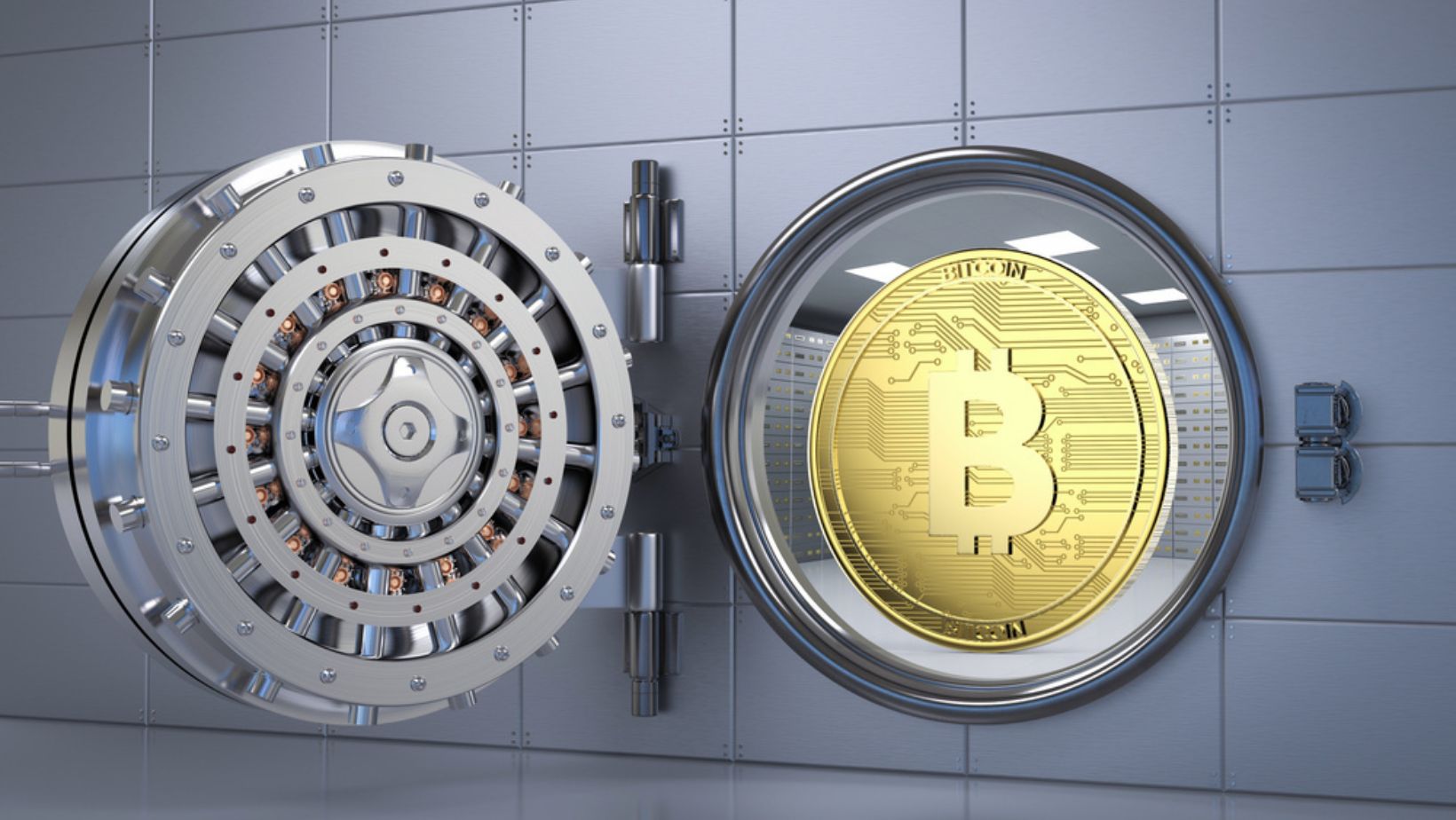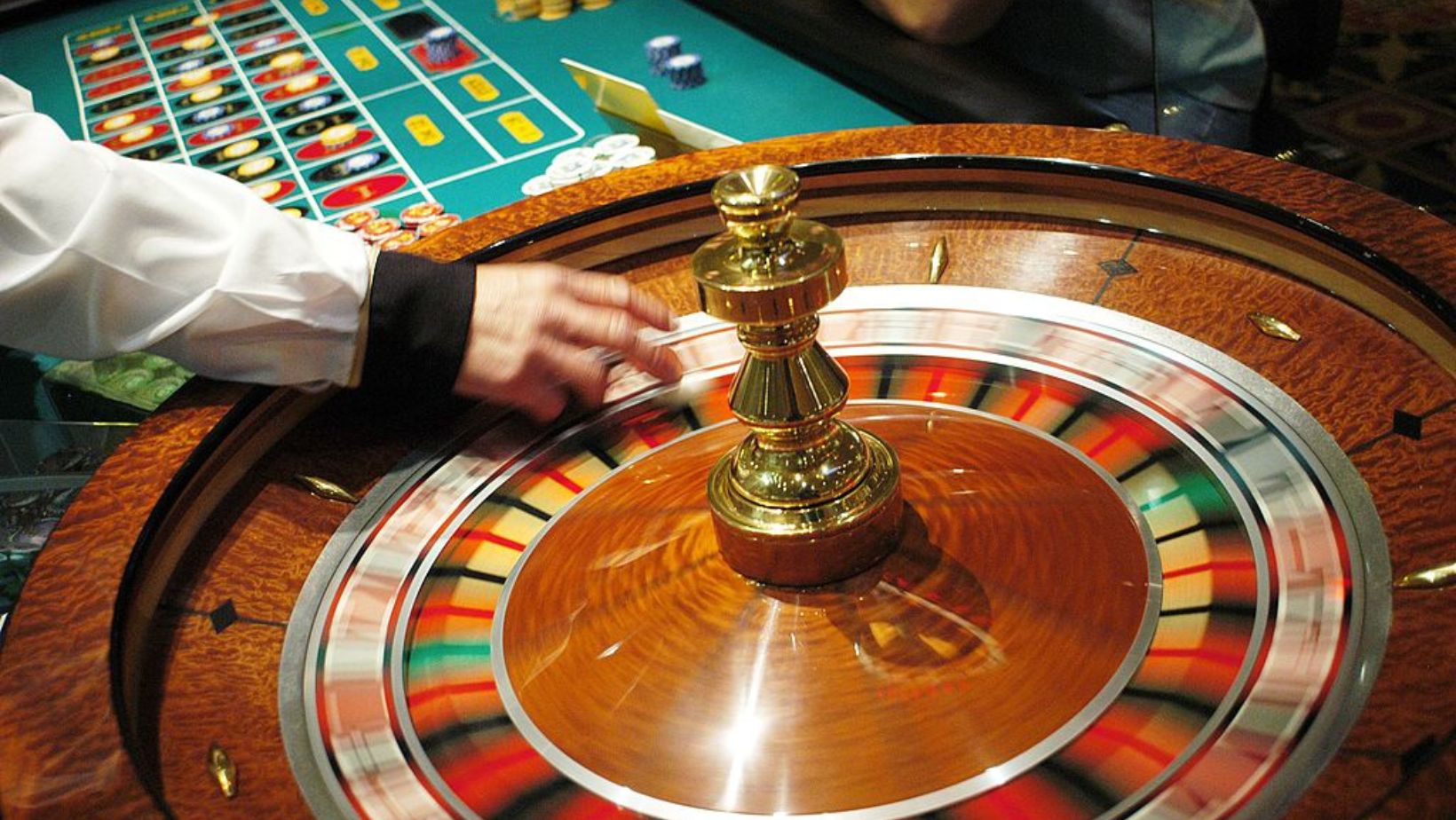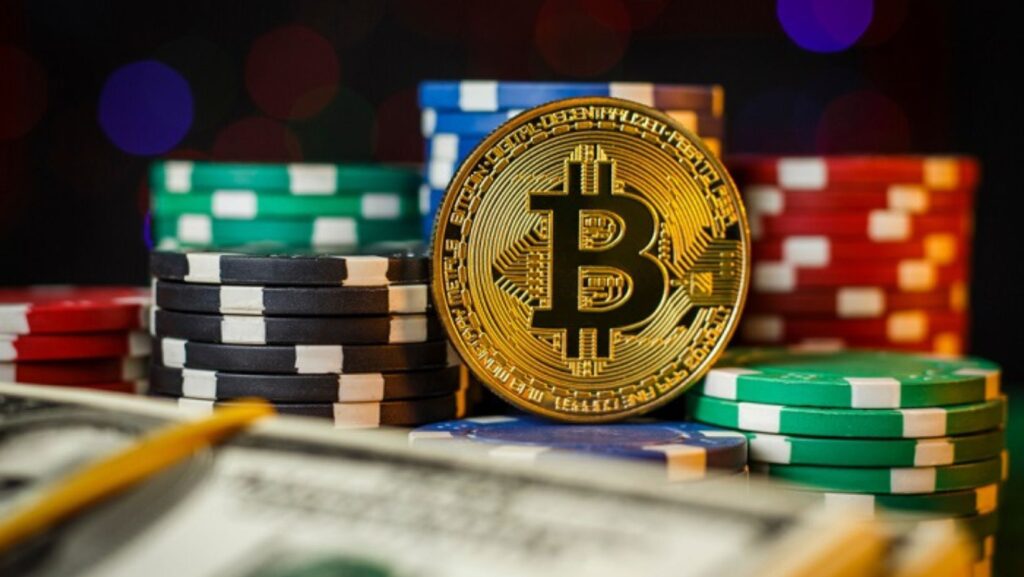It starts in a dimly lit living room. A guy in sweats flips open his phone while his cat naps nearby. In seconds, he’s spinning a slot reel, placing a bet on a live roulette table, and cashing in a bonus he didn’t even know he had. No dress code. No valet. No cocktail waitress circling for tips. Just uninterrupted focus and the faint sound of digital coins.
Compare that to the scene in a traditional casino: the blare of machines, the wait for a spot at a blackjack table, someone coughing behind you, and a chip runner who keeps forgetting your request. For decades, that buzz was part of the allure. But somewhere in the last ten years, the tables started turning — and not the ones in Vegas.
The rise of online gambling didn’t happen with fireworks. It crept in quietly — first on desktops, then tablets, and finally into every idle moment on a phone. And while COVID gave it a turbo boost, the shift was already brewing. From Malta to Macau, major land-based operators began watching their margins slip while online platforms soared.
What’s fascinating isn’t just the move online — it’s how little resistance there was. People didn’t hesitate. They didn’t mourn the change. They tapped, signed up, and didn’t look back. That says something.

And the reason? It’s deeper than convenience or flashy marketing. The real shift is about power. Online gambling didn’t just mimic the casino floor — it handed players control in ways that brick-and-mortar never could.
The House Doesn’t Always Win Anymore
Walk into a traditional casino with a wallet full of cash and a confident stride, and you might still be at a disadvantage. You’re playing by their rules, under their lights, with their chips. House edge? Locked in. Payout terms? Not always posted. Customer service? Depends on how much you’re losing.
Try pulling out a phone to calculate odds at a live table — you’ll get raised eyebrows, or worse. Ask for cashback offers? Unless you’ve clocked hours at their slot machines or know a pit boss personally, you’re probably out of luck.
Now open a gambling forum or a Discord server. You’ll find players sharing bonus codes, edge strategies, and even scripts to auto-claim daily promotions. Transparency is baked into the online scene. Sites list payout percentages, publish withdrawal timeframes, and allow side-by-side comparisons in real time. Want to know which game pays better? Someone’s already logged 500 spins and shared the data.
Add crypto into the mix, and the dynamic changes even more.
No-KYC platforms flipped the script entirely. You can join anonymously, deposit with Bitcoin, and withdraw without a single document upload. For players in countries with tight restrictions or banking nightmares, that’s a lifeline. It’s not about hiding — it’s about cutting the red tape.
One user on Bitcointalk shared a story about waiting five days for a payout at a luxury casino in Monte Carlo — then switched to an online crypto platform and got paid within 12 minutes, no questions asked.
Another player from Germany explained how he was denied his winnings in a brick-and-mortar establishment due to “suspicious betting behavior.” Since moving to crypto casinos, he says he hasn’t looked back — especially after hitting a 3.2 BTC jackpot that was processed before he even closed his laptop.
That’s why platforms like lucky treasure play has the largest selection of games with the fastest crypto payouts are gaining traction among serious players. When every click counts and trust is earned, speed isn’t a luxury — it’s the baseline.
Time, Trust, and Taps
Traditional gambling makes a big ask of your time. You’ve got to drive, park, get dressed, maybe book a hotel. Want to play blackjack? Get in line. Fancy the high-roller room? Be prepared for a background check. Everything feels like a production.
But online? It’s three taps. Tap to open the app. Tap to deposit. Tap to play. No ID, no social pressure, no raised eyebrows when you leave after five minutes.
Mobile gambling has turned waiting rooms, lunch breaks, and late-night boredom into spontaneous game time. And the games are no longer basic — we’re talking HD live dealer streams, multiplayer poker tables, VR roulette for some platforms. It’s not a watered-down version of casino life — it’s a compressed, optimized version that fits in your pocket.
Generational behavior backs this up. Gen Z doesn’t want to be seen gambling in public. Millennials want autonomy and options. Both grew up with digital convenience, so anything that involves queues, bouncers, or overpriced drinks is less attractive.
And then there’s the issue of trust.
Offline, you’re often dealing with people — some helpful, some indifferent. Online, you’re dealing with systems that are reviewed, rated, and backed by blockchain logic in some cases. Provably fair algorithms let users verify that every spin or card draw is random. Traditional casinos can’t offer that kind of transparency — even if their games are fair, it’s hard for a player to prove it.
The irony? Players now trust a well-coded platform more than a smiling dealer or a tuxedoed manager. Because algorithms don’t play favorites — they just play math.
Also worth noting: time zones no longer matter. Want to gamble at 3 a.m. without judgment? Online platforms are wide awake. No shift changes, no last calls, no tables closing. You’re in control of your own rhythm — something land-based casinos simply can’t replicate.
More Than a Game: The Culture Has Changed
Online gambling is no longer just about spinning reels or betting on sports. It’s part of a broader entertainment shift — a lifestyle touchpoint that blends with content, tech, and online identity.

Take Twitch. Thousands tune in daily to watch others gamble. Not just for the wins — but for the personalities, the commentary, the shared highs and lows. Twitch gambling streams have their own slang, inside jokes, and loyal communities. You don’t get that in a land-based casino, where filming is banned and socializing is hit-or-miss.
Or look at Telegram. There are entire channels dedicated to daily promo codes, bonus drops, strategy debates, and even live support from reps. It’s interactive, fast, and feels more like a game stock chat than a gambling platform. The point is: online gambling is woven into digital life, not a detour from it.
Offline casinos, despite their best efforts, struggle to compete with that ecosystem. Some have added esports lounges, app-based rewards, or crypto-friendly kiosks — but it often feels reactive, not visionary. Meanwhile, online platforms are integrating NFTs, gamified loyalty tiers, and AI-powered recommendations.
There’s also a deeper shift in how gambling is framed. Offline, it still carries a bit of that “vice” label. You’re sneaking off to the casino. Online, it’s one more digital hobby — sitting alongside trading, gaming, or even content creation. That social stigma is dissolving for a whole new audience.
And don’t underestimate speed. In Vegas, even the drink service can feel like it’s crawling. Online? Bonuses get credited instantly. Wins show up in your wallet before the game even loads again. This kind of immediacy is addictive — not because of the gambling itself, but because modern users expect frictionless everything. Spotify for music. Instacart for groceries. Why would gambling be any different?
Online gambling didn’t sneak up on traditional casinos — it ran past them while they were still polishing their lobbies. Players didn’t just migrate; they evolved. They demanded control, speed, transparency, and cultural relevance. And the internet delivered, tap by tap, coin by coin.
Today’s gamblers don’t want to feel like customers. They want to feel like participants — with access, agency, and maybe even a little anonymity. The more casinos empower them, the more loyal they become. The more they’re boxed in or brushed off, the faster they disappear.

